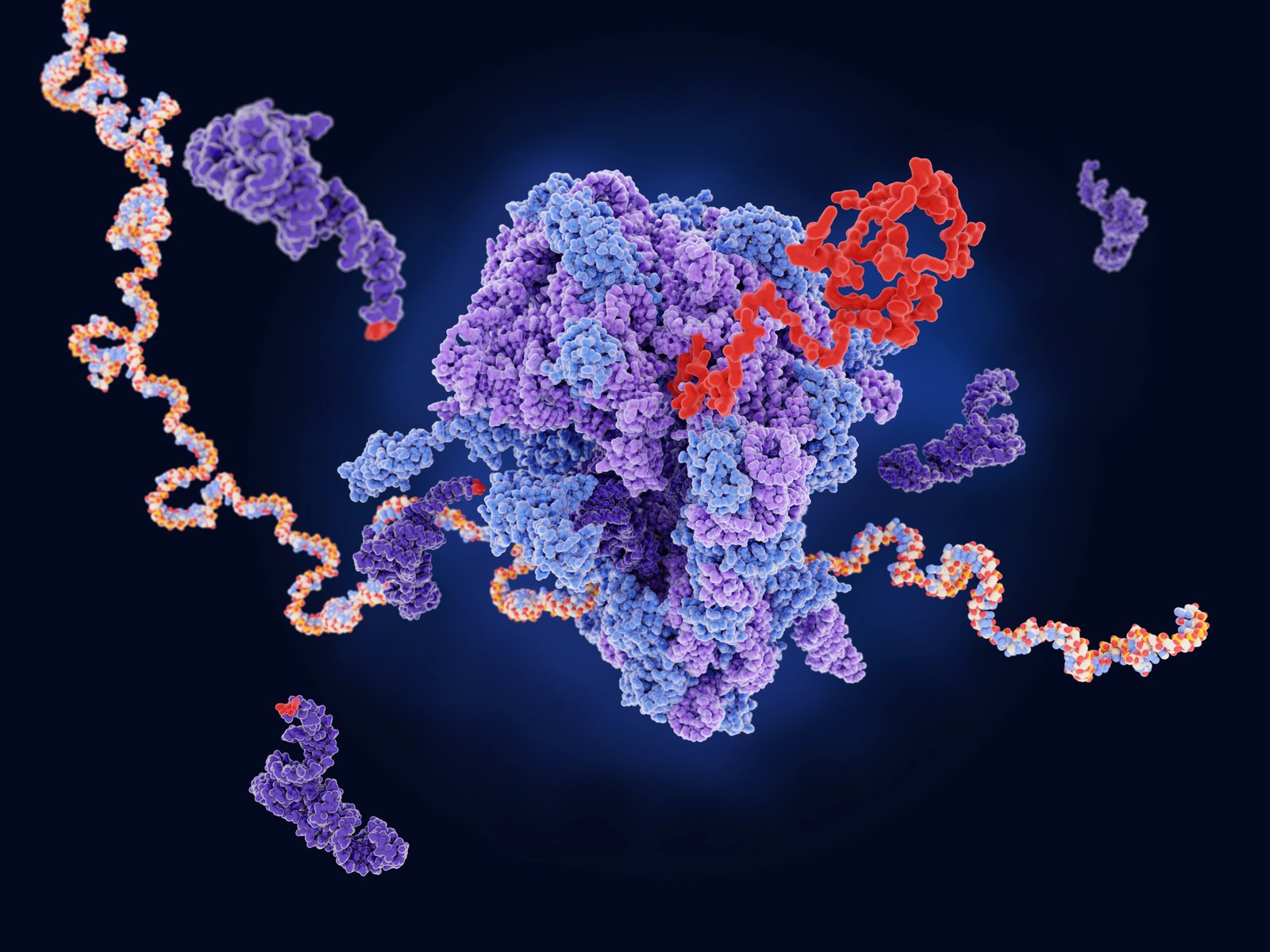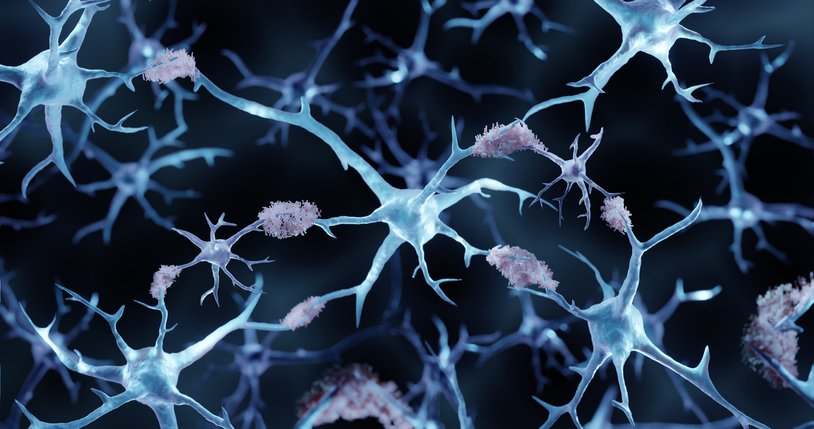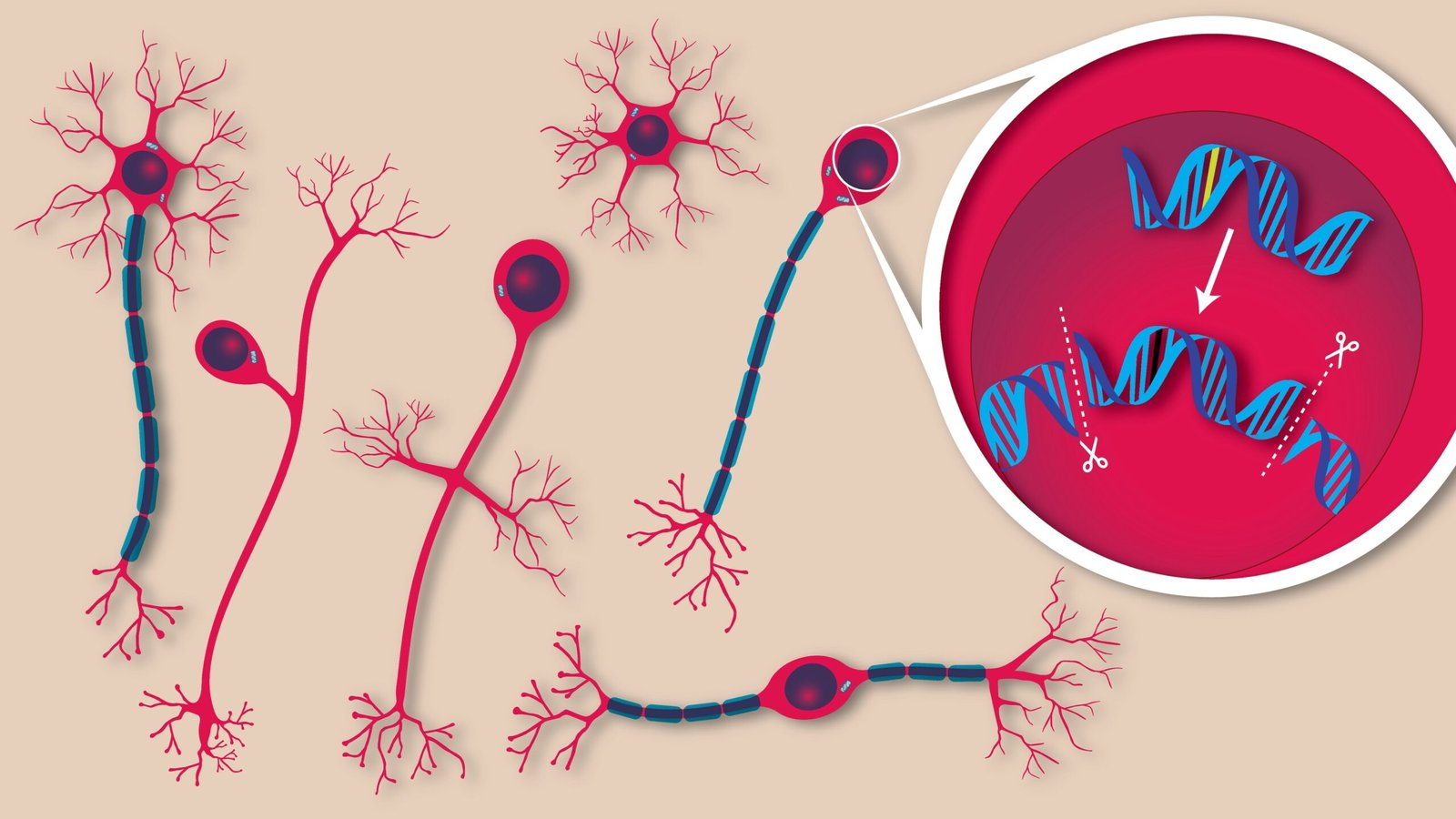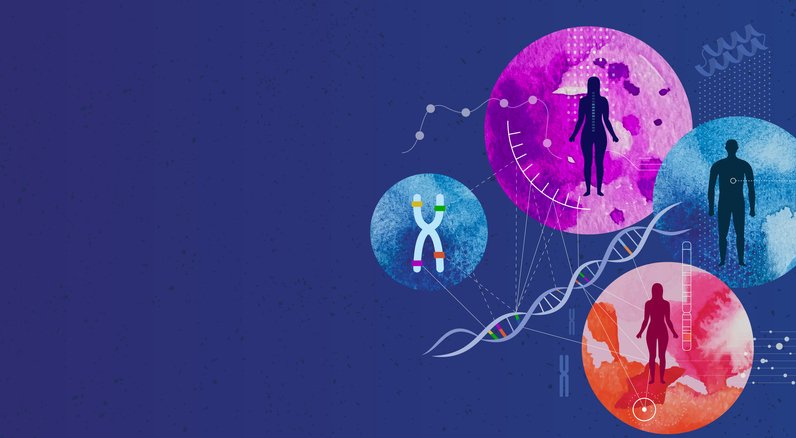A study on how aging impacts the brain in killifish has found that getting old selectively impairs the production of some key DNA- and RNA-binding proteins. And this change contributes to hallmarks of aging in the brain. According to a team of scientists from Leibniz Institute on Aging, Stanford University, and elsewhere who performed the study, the findings add to the current understanding of the relationship between aging and increased risk of pathologies like neurodegenerative disease. Full details of their work are published in a new Science paper titled “Altered translation elongation contributes to key hallmarks of aging in killifish brain.”
For some context, as organisms age, their ability to maintain protein homeostasis, or proteostasis, deteriorates. Proteostasis is important for maintaining protein quality by ensuring proper synthesis, folding, and timely degradation, and disruptions can result in the accumulation of harmful protein aggregates. Although age-related breakdown of proteostasis often appears alongside disruptions in other hallmark processes of aging, it is not clear whether impaired proteostasis actively drives these changes.
And that is the question that the scientists aimed to answer. “Our study offers insight into how distinct proteostasis mechanisms reshape the vertebrate brain proteome during aging,” they wrote in Science. “We show proteome changes in aging brains, encompassing protein synthesis, solubility, posttranslational modifications, subcellular localization, and organelle composition.”
For their work, the scientists used the African turquoise killifish (Nothobranchius furzeri). Killifish is a well-known model for aging studies because of its rapid life cycle and conserved aging brain hallmarks, including neuroinflammation, senescence, and protein aggregation, the scientists explained. They developed a method for partially inhibiting the proteasome over time in young, adult, and old killifish brains that allowed them to assess whether impairing the brain in this way triggered aging-related changes in living animals. They then used ribosome profiling (Ribo-seq) to examine how changes in mRNA translation influence protein production during aging.
Their analysis showed that as the fish aged, proteins rich in basic amino acids, such as lysine, proline, glutamine, and arginine, which are crucial for DNA- and RNA-binding declined, even though these proteins’ mRNA levels remained unchanged. The result was a dip in the synthesis of proteins that are essential for core gene expression and mitochondrial function.
Specifically, “aging leads to decreased abundance of protein complexes containing polybasic stretches, including ribosomes, spliceosomes, RNA and DNA polymerase, and those functioning in DNA repair,” the scientists wrote. Additionally, “these changes encompass a decrease in abundance of mitochondrial ribosomal proteins and possibly mitochondrial translation,” which is “consistent with broader observations of aging-induced mitochondrial changes.”
In a related perspective article on the aging killifish brain study also published in Science, co-authors Olivier Dionne and Benoit Laurent, PhD, both at the University of Sherbrooke, noted that “a critical next step will be to determine whether these mechanisms are conserved in mammals, particularly in humans, where translational control is intricately linked to neurodegeneration and other age-associated diseases.” They believe that studies in this area “could inform the development of pharmacological strategies to modify proteostasis with the aim of delaying the onset of age-related pathologies and ultimately extending healthy years of life.”
The post Protein Synthesis Slowdown Implicated in Brain Aging in Killifish appeared first on GEN – Genetic Engineering and Biotechnology News.




